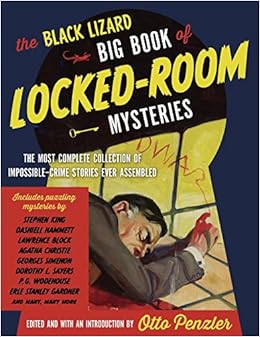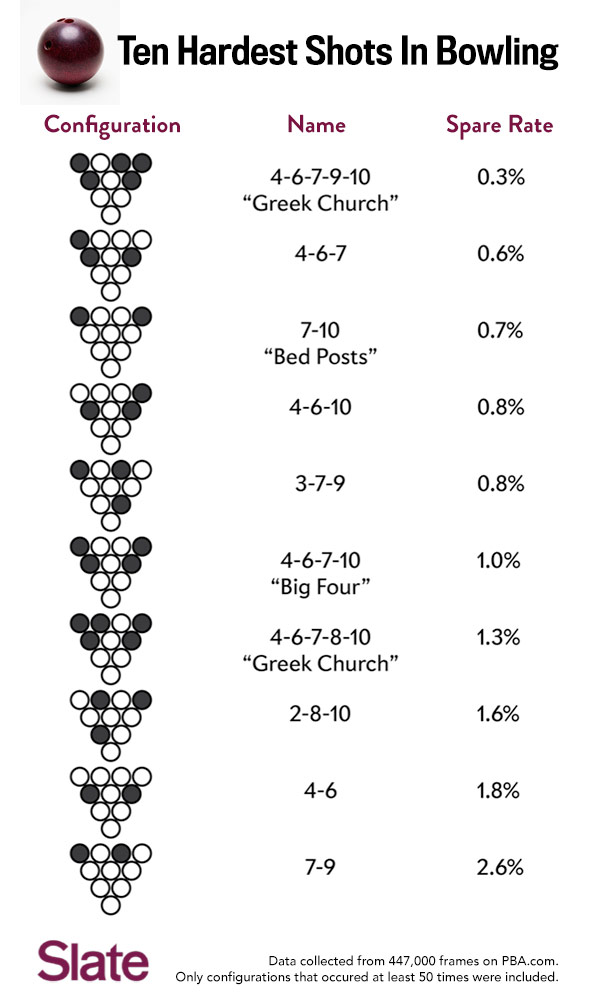One of my latest fascinations is the self-driving, or autonomous, car. I’ve read up on Google’s research into such a device and noted how Tesla cars will soon have automatic driving features as well. Uber, for their part, is working very hard on creating an automated vehicle, and Zack Kanter offers the following incredibly fascinating essay on what he feels might happen when -and he believes this will occur quite soon- autonomous vehicles become the norm:
http://sanfrancisco.cbslocal.com/2015/01/27/how-ubers-autonomous-cars-will-destroy-10-million-jobs-and-reshape-the-economy-by-2025-lyft-google-zack-kanter/
Central to his essay is the following paragraph:
Autonomous cars will be commonplace by 2025 and have a near monopoly by 2030, and the sweeping change they bring will eclipse every other innovation our society has experienced. They will cause unprecedented job loss and a fundamental restructuring of our economy, solve large portions of our environmental problems, prevent tens of thousands of deaths per year, save millions of hours with increased productivity, and create entire new industries that we cannot even imagine from our current vantage point.
I couldn’t agree more with his assessment, both in terms of the good and the bad of a society filled with autonomously driven vehicles.
Think about it for a second: We have to spend several thousand dollars each year on our cars, from buying/leasing them to buying gasoline (electric cars, while far more fuel efficient, nonetheless will cost to recharge) to paying for insurance.
Now imagine this: A fleet of autonomous cars on the road that you can “call up”, not unlike a taxi, using your smart phone. These vehicles, completely computerized, will give you a time of arrival to pick you up, an estimated time of arrival at your destination (you will be able to set your destination before they show up), will come to pick you up, take you to your destination, then immediately head out to pick up their next ride.
This fleet of cars will be owned by some company. Perhaps it will be Google or Uber or whichever company(ies) service them. When they get low on fuel or their sensors detect they need service, they return to wherever they are warehoused, are refueled and serviced, and sent on their way again, continuing their work until they again need to be charged or serviced.
Assuming there is a very large fleet of such automobiles, actually owning your own car becomes unnecessary to your daily life.
Think about it: You go to work/school and drive back home during the weekdays. On many of those days once you get home you don’t need to go out again. How convenient is it to simply call in a car to pick you up in the morning, let it drive you to school or work while you sit back and either read the paper or do your work, and then, when your work/schoolday is done, you call another vehicle to come pick you up and, viola, you repeat the process in reverse?
If you need to go shopping at your local grocer/mall, you can do the same, get picked up and taken to your local grocery store or mall, you buy/do what you need, and as you’re heading out the door, you call a car and it takes you back home with your shopping.
But what if you want to travel very far? Say you live in New York and want to drive down the coast and go to DisneyWorld? There could be larger automated vehicles designed for this longer trip. Or, conversely, you could simply rent a car for that period of time. Car Rental agencies might have to become services designed for longer transport rather than people who stay within a city.
Regardless, renting a car or using an automated service would be far cheaper than having and maintaining your own car.
The downside of all this, as pointed out above, is the fact that there are many jobs out there involving people who drive others to their destination and these jobs will be crushed. The taxi industry, in a matter of a few years, would completely collapse with the advent of the automated automobile.
So too would gas stations and automobile service centers. If fewer and fewer people have their own cars and rely on automated travel, then what would be the need to have a gas station? How about a car repair center? Suddenly, they too would become irrelevant. The biggest service centers would be located on the grounds of whatever company has the automated vehicles.
And consider this as well: All those parking garages would also become irrelevant. Sure, there would still be people out there who would cling to their personal automobile.
Sure, there will probably be many who don’t “trust” the idea of a computer driving you from point A to B. However, I can easily see that becoming a very small minority.
And as far as safety is concerned, one would expect that a fleet of automated cars would be safer on the road than those driven by humans. Less car crashes, less death and injury. No more drunk driving (again, you call an automated car to take you to a club, you can get totally blitzed, then when you leave you call a car to take you back home).
Another profession that would have to change: Police. Can you imagine how a police force would change with the advent of automated vehicles? No longer would we have speeders or bad drivers. No longer would we have tickets.
I could go on and on and on.
Sure, computers are not infallible and, naturally, rigorous tests would have to constantly be made with the autonomous vehicles’ computer systems. But that wouldn’t be on us, would it?
Since its creation, cars have been a central part of our society and a near must have to anyone and everyone who needs to go from one point to another. Is it now possible we’re on the verge of no longer needing to have a car of our own?
I suspect the answer is yes.
Like this:
Like Loading...



